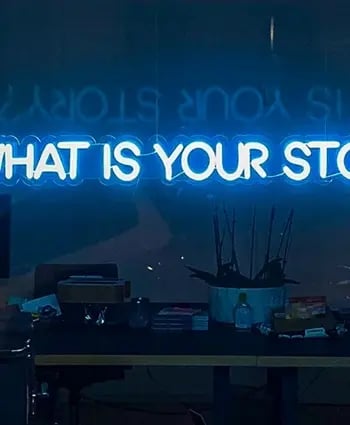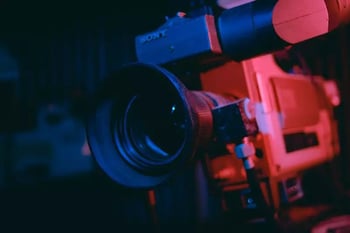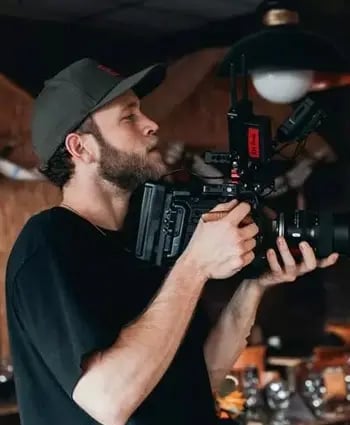Auditions and Casting for Video Projects: How to Find Your Dream Cast
From crafting casting calls to finalising contracts, discover how to assemble your dream cast and elevate your production.
From the raw talent of a newcomer to the refined skills of an experienced actor, your casting decisions set the tone for your entire video production. Here's a deep dive into the art and science of auditions and casting for video projects.
1. Understand Your Characters
Before you even think about seeing actors, it's vital to have a clear vision of your characters.
-
Character Profiles: Create in-depth profiles detailing a character's age, background, personality traits, and quirks. This not only aids casting but can also be a helpful reference for the actors.
-
Consider Diversity: Representation matters. Consider how your casting choices reflect the diversity of real-life experiences.
2. Crafting the Perfect Casting Call
Your casting call is the first interaction potential actors will have with your project.
-
Be Precise: Clearly outline the roles you're casting for, including physical attributes, age range, and any specific skills or characteristics required.
-
Payment & Logistics: Clearly state if the role is paid, the expected duration of the shoot, and the location.
For a better understanding, Backstage’s guide on creating a casting notice can be handy.
3. Choose the Right Casting Venue
The setting can profoundly impact the quality of auditions.
-
Professional Spaces: Consider hiring studios specially designed for auditions. These spaces are soundproofed, spacious, and equipped with all the necessary facilities.
-
Virtual Auditions: With advancements in technology, virtual casting has become increasingly popular. Platforms like Zoom or Skype allow you to widen your net without geographical limitations.
4. Preparing the Audition Material
It's not just about the actor's ability to memorise lines but also about their interpretation and delivery.
-
Script Excerpts: Choose key scenes which test an actor's range and ability.
-
Improv Scenarios: For some roles, seeing how an actor can think on their feet might be essential. Provide scenarios that allow them to showcase their improvisation skills.
5. The Audition Day
The big day is as much about evaluating talent as it is about making actors feel at ease.
-
Warm Welcome: Remember, a relaxed actor will always give a better audition. Ensure the waiting area is comfortable and that you’re running on schedule.
-
Objective Assessment: Use a consistent scoring system for each actor. Consider creating a score sheet that evaluates different aspects, like emotional range, adaptability, and fit for the character.
6. Callbacks and Screen Tests
For main roles, a second audition or a screen test can be vital.
-
Scene Partners: For callbacks, consider pairing actors to see their on-screen chemistry. This is especially important for roles that will be closely interacting.
-
Professional Feedback: If possible, have a director or cinematographer present. They might pick up on aspects you've missed.
7. Contracts and Agreements
Once you've made your choice, the legalities come into play.
-
Clearly Define Terms: Compensation, work hours, rights to the material, and other specifics should be transparently laid out.
-
Cancellation Clauses: Be clear about the terms if either party decides to quit or if an actor is replaced.
To sum up...
Casting is where the magic begins, but it is a lot of work. At Venture, we will help you find the actors you need to bring your video to life. With careful planning, objective evaluation, and a sprinkle of intuition, we can assemble a cast that lifts your video project to dazzling heights.
Written by James Bryant Video strategist and co-founder for Venture Videos — a full-service video production agency that specialises in producing creative videos & campaigns that get real results.















